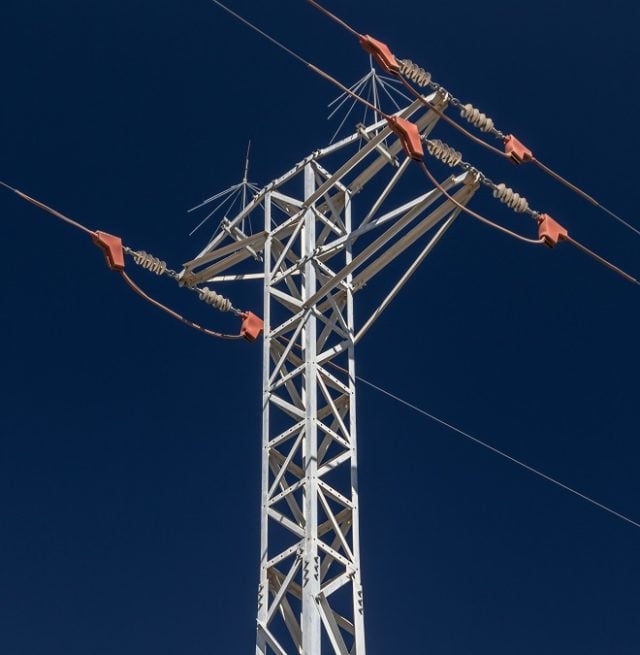UPS solutions have become a critical tool for businesses of all sizes. In South Africa, as the threat of future load shedding continues to exist, it is essential for businesses to be prepared. UPS systems, or uninterruptable power supply systems, are made to protect various IT equipment and electrical systems from the many problems that result from power outages. Even a short interruption of power can cause major damages to computers, printers, and various other systems. Longer power cuts can be equally damaging, especially when they result in reduced business operations.

Covered In This Article
The Biggest Advantages Of UPS Solutions For Business
UPS solutions serve a few major roles. Firstly, they reduce the risk of hardware damage that happens as a result of power cuts. Secondly, they maintain data integrity by reducing the risk of corrupted or lost data - especially when used alongside power management software. Lastly, they can work alongside generators to offer availability to networks and various applications, preventing downtime.
The Biggest Advantages Of UPS Solutions For Business
Over and beyond these core purposes, UPS solutions also offer many benefits to businesses of all sizes. Here are some of the biggest challenges solved by UPS systems:
- Power failure. When power fails with no warning, during a storm or due to some type of physical problem, there is a big risk of hard shutdown, resulting in a big risk of data loss.
- Power sag. These happen when there is a short-term reduction in voltage, usually as a result of nearby large load start-up. When sags happen, there is an increased risk of hardware and equipment damage.
- Power surge. Often caused by lightning, short-term high voltage surges result in power spikes that lead to hardware damage and loss of data.
- Undervoltage. This applies to a reduction in supply voltage that can happen for any given time. It happens when supply networks are overloaded and it can cause problems with the running of computers.
- Overvoltage. This applies to an increase in supply voltage over any time period. It happens when there are rapid reductions in power demands and it can lead to hardware damage.
- Electrical noise. This type of interference is caused by tools or radio transmitters, leading to harder to find problems.
- Frequency variation. Typically found on generator supplies, these cause changes in power supply frequency.
- Switching transient. Lasting a very short time, this is caused by instantaneous undervoltage.
- Harmonic distortion. This happens when normal smooth supply waveforms are distorted. It can happen as a result of variable speed drivers and office equipment such as photocopy machines. It can result in overheating, communication problems and overheating.
Investing in UPS solutions is the best way to ensure that your business continues to thrive, even in the event of power interruptions.


